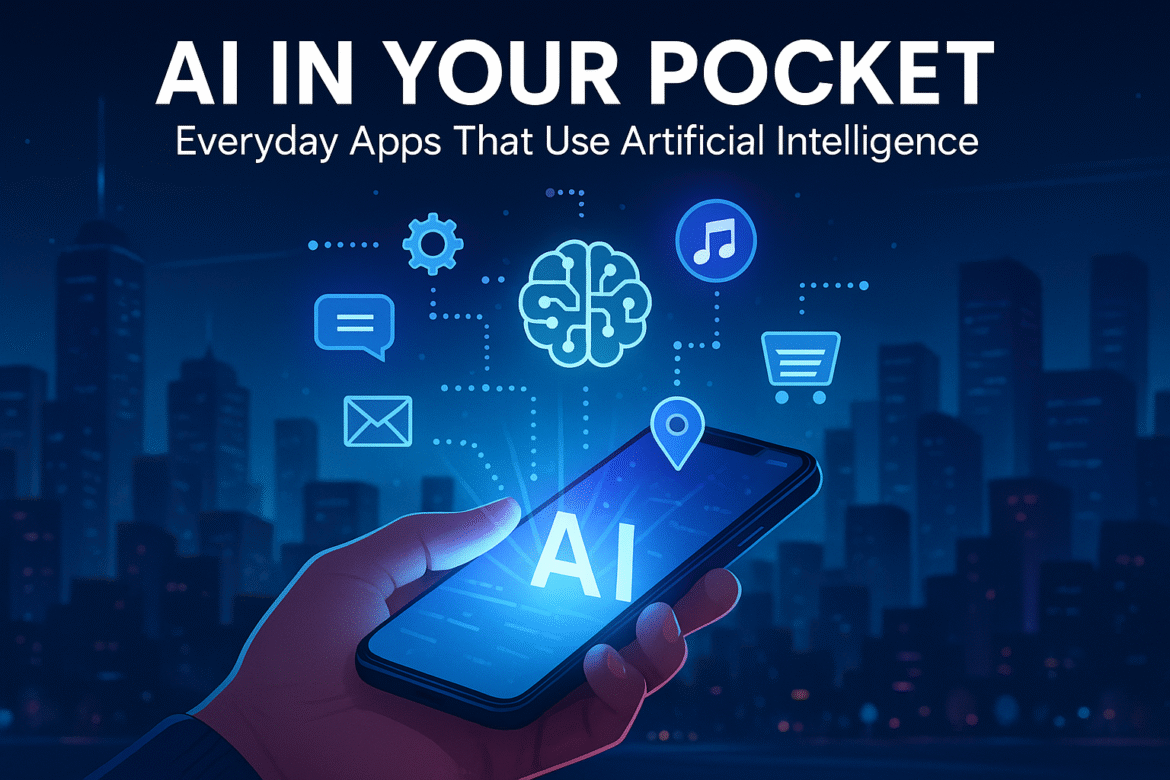In the ever-evolving world of technology, artificial intelligence (AI) has become a defining force shaping our daily lives. One of the most transformative developments is the integration of AI into smartphones, effectively turning these devices into intelligent virtual assistants. From managing schedules to making decisions on our behalf, AI-powered smartphones are not just tools—they are becoming indispensable partners in modern life.
What Is an AI Smartphone?
An AI smartphone is a mobile device equipped with advanced machine learning algorithms and AI chips that allow it to perform tasks that go beyond traditional computing. These phones are capable of understanding user behavior, recognizing voice commands, processing natural language, and making proactive suggestions based on context and habits.
Most modern smartphones—such as those powered by Google Assistant, Apple’s Siri, Samsung’s Bixby, or Huawei’s Celia—are integrated with virtual assistants that use cloud-based and on-device AI. These assistants constantly learn and evolve, becoming more efficient and personalized over time.
Capabilities of AI as a Virtual Assistant
1. Voice Interaction and Natural Language Processing (NLP):
AI assistants use NLP to understand and respond to voice commands in a natural, conversational manner. This enables users to send texts, make calls, search the web, or set reminders—all hands-free.
2. Context Awareness:
Modern AI assistants are context-aware. They can infer meaning from location, time, calendar events, or even the user’s tone of voice to provide more relevant suggestions. For example, if you’re running late to a meeting, your AI assistant might suggest sending an apology message or finding a faster route.
3. Personalization:
AI learns from your behavior—your preferences, habits, and routines—to offer personalized recommendations. From suggesting your favorite playlists during workouts to reminding you of important deadlines, your AI assistant becomes uniquely tailored to your lifestyle.
4. Smart Automation:
Through integration with smart home systems, AI smartphones can control lights, thermostats, appliances, and security systems using simple voice commands or automated routines.
5. Productivity Boost:
Virtual assistants can schedule meetings, organize emails, create to-do lists, and even transcribe notes. They reduce the burden of multitasking, allowing users to focus on higher-priority tasks.
The Future Potential
The evolution of AI in smartphones is far from over. As large language models and generative AI become more advanced, virtual assistants will soon handle more complex tasks such as booking appointments based on calendar availability, negotiating customer service interactions, and even drafting personalized documents or messages.
Key future trends include:
- Hyper-Personalization: Assistants that not only know what you like but anticipate your needs.
- On-Device AI: Improved security and faster performance as more processing moves from the cloud to the device.
- Emotional Intelligence: Virtual assistants capable of detecting mood and emotional tone to respond empathetically.
- Multi-modal Interfaces: Integration of voice, vision, and gesture recognition for more natural interaction.
Challenges and Ethical Considerations
Despite the promise, AI-powered virtual assistants raise important questions around privacy, data security, and user autonomy. Smartphones continuously collect and analyze data to deliver intelligent features, which means sensitive personal information is at stake. Developers must ensure strong data encryption, transparency in data usage, and give users control over their information.
Moreover, there is a need to address bias in AI systems and ensure inclusivity in how these technologies understand and serve diverse populations.
Conclusion
AI smartphones as virtual assistants are no longer a futuristic dream—they are the present reality, reshaping how we work, communicate, and interact with technology. As AI continues to mature, these devices will become even more capable, intuitive, and integrated into our lives. With the right balance of innovation, privacy, and ethics, the age of the truly intelligent personal assistant is here—and it fits in your pocket.
